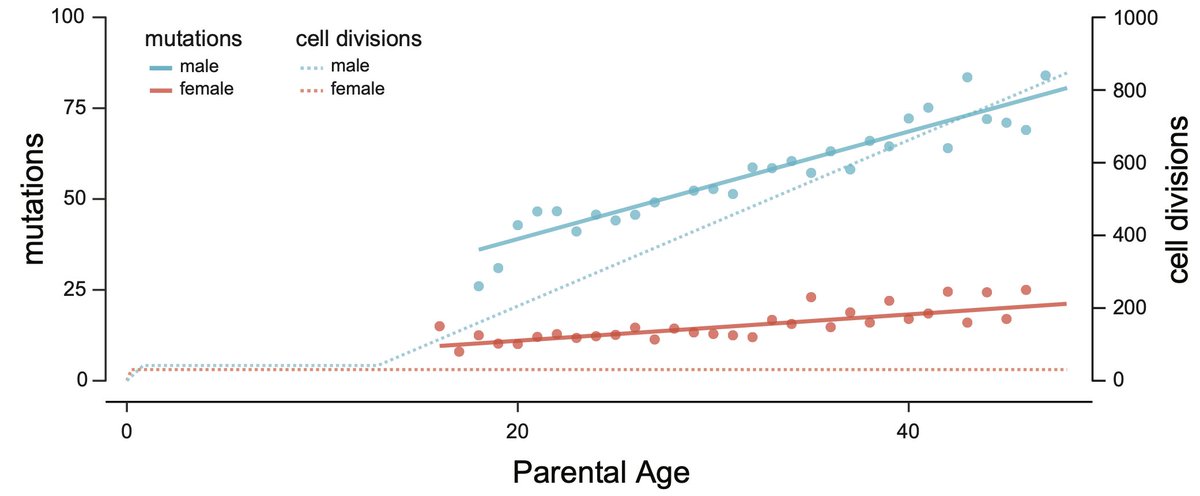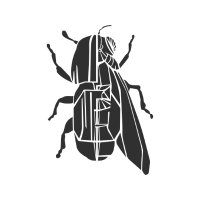
Yadira Peña-García
@yadirapga
PhD student at IU
ID: 2926349520
11-12-2014 04:36:01
284 Tweet
143 Followers
488 Following



Happy to see this new preprint out (with @yadirapga and Richard Wang). In it we propose a new explanation for male mutation bias--faulty males. 1/ ecoevorxiv.org/repository/vie…




And Wally has begun to bloom!!! Doesn't it look stunning ❤️😍🤩 Come to the Biology building Green House to visit Wally. It'll be open tonight and tomorrow. Read more about Wally here!! biology.indiana.edu/news-events/ne… IU Biology IU Bloomington




Final version of paper with Yadira Peña-García and Richard Wang is now out! Free version here: sciencedirect.com/science/articl…


Excited to share our work today in Current Biology Thankful for a great collaboration 😊

Beyond thrilled to be organizing "Behind the science stories" workshop at #TAGC24 Genetics Society of America ! Get ready to peel back the curtains on innovations from Mariana Wolfner Lab Derek Applewhite A. Sánchez Alvarado @SMBurgessLab Needhi Bhalla 💅🏽 labs. #Drosophila #Zebrafish #Planaria #Celegans



Many folks know this already but wanted to make an official announcement: I am super pleased to share that I will be starting my lab at Mississippi State University Mississippi State in Fall 2025! We will be recruiting grad students and a lab tech to start as soon as August ‘25




New paper led by Yadira Peña-García! Even though opossums have kids at 0.5 years, they still have typical male-biased mutation (though not quite as high as humans).

Ancient DNA is reshaping human history. 🧬 Assoc. Prof. Emilia Huerta-Sánchez spoke with National Geographic about new discoveries revealing a more complex picture of our ancestors and the other humans they encountered. 🔗 Read more: ow.ly/5Scz50UPvv7

New paper with Sarthak R. Mishra ! Maybe it will bring you some joy given all this (waves arms around). "Estimating recombination using only the allele frequency spectrum" 1/2 biorxiv.org/content/10.110…

New paper led by Richard Wang ! "Unprecedented female female bias in the aye-aye, a highly unusual lemur from Madagascar" 1/ journals.plos.org/plosbiology/...




